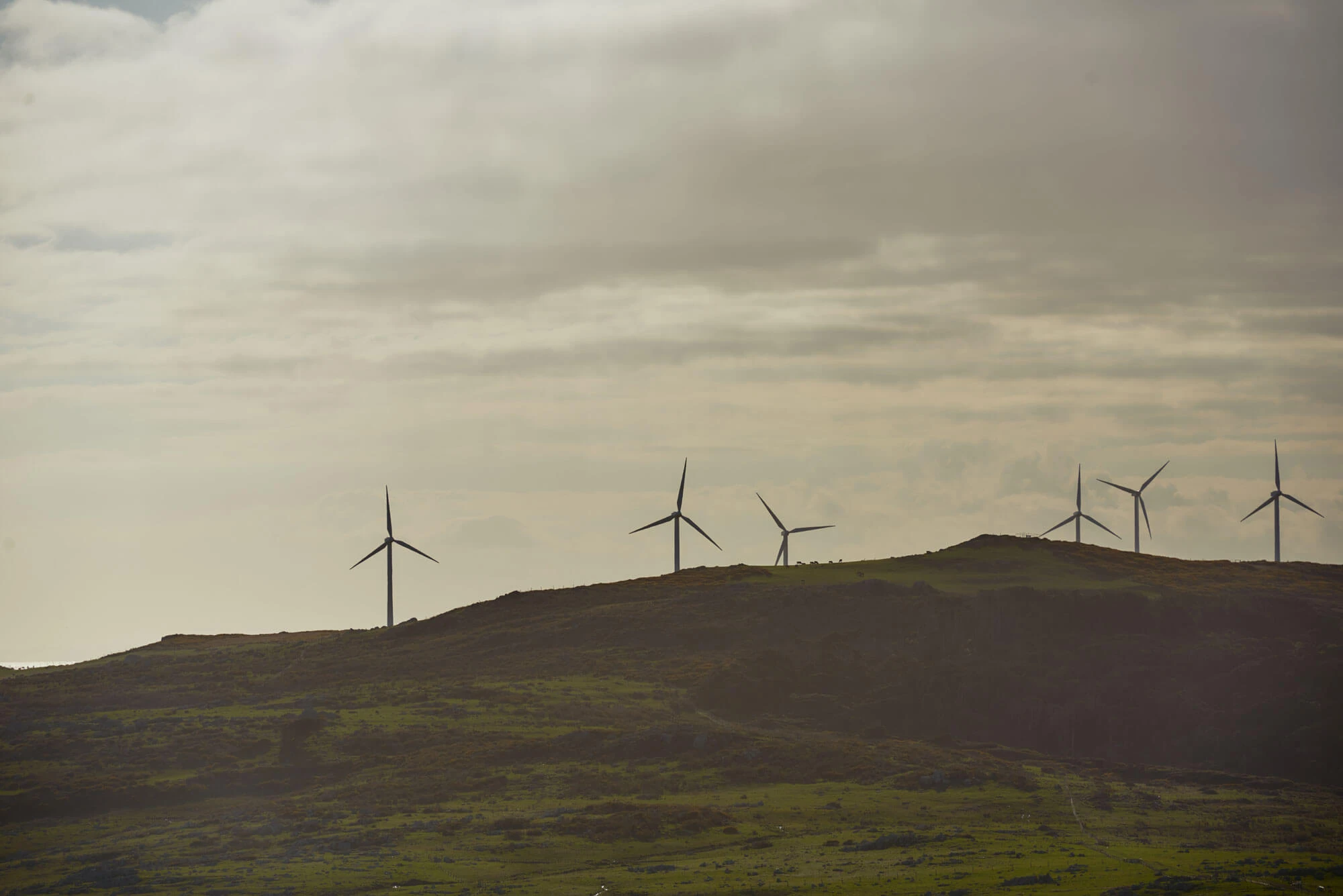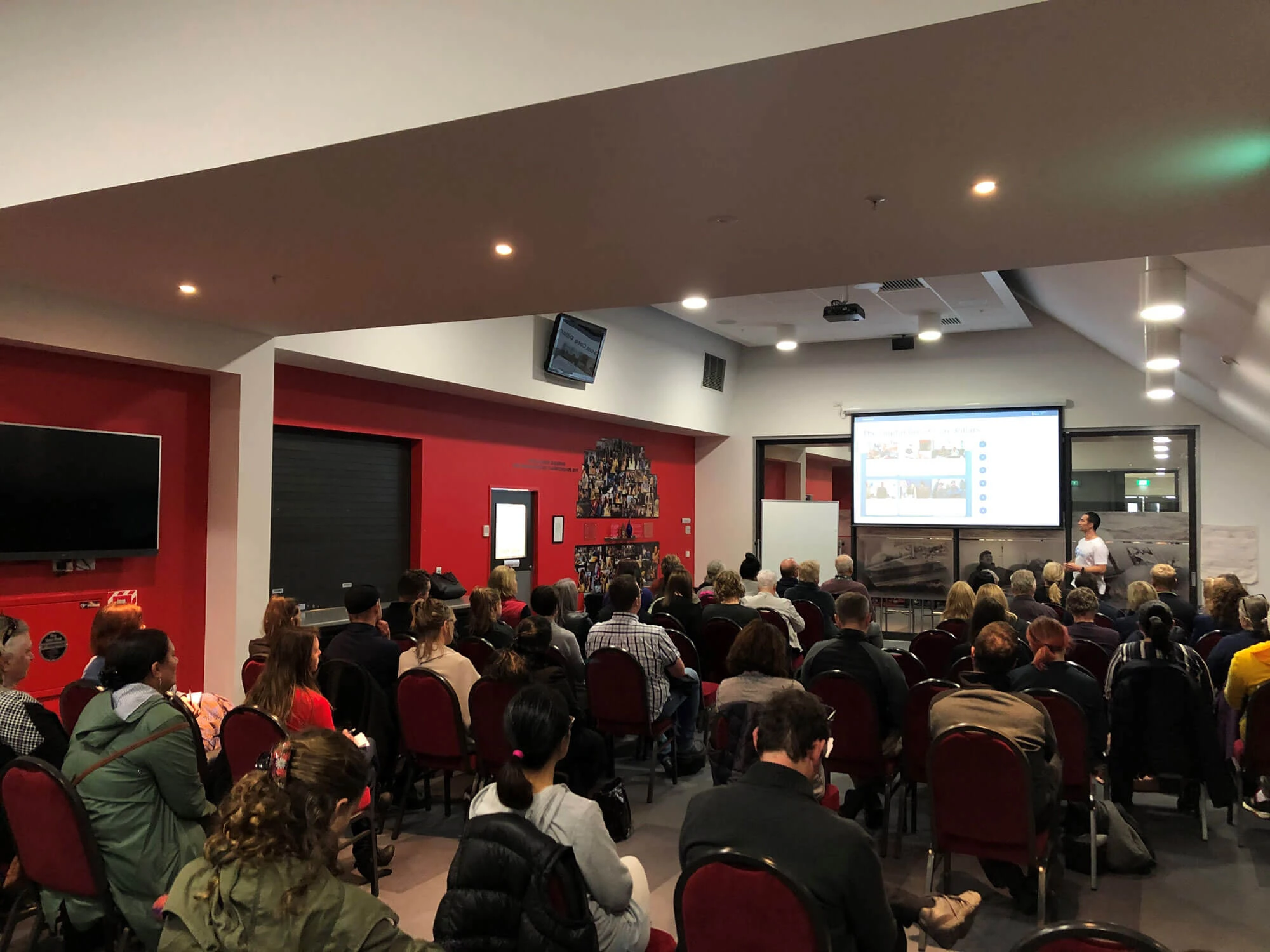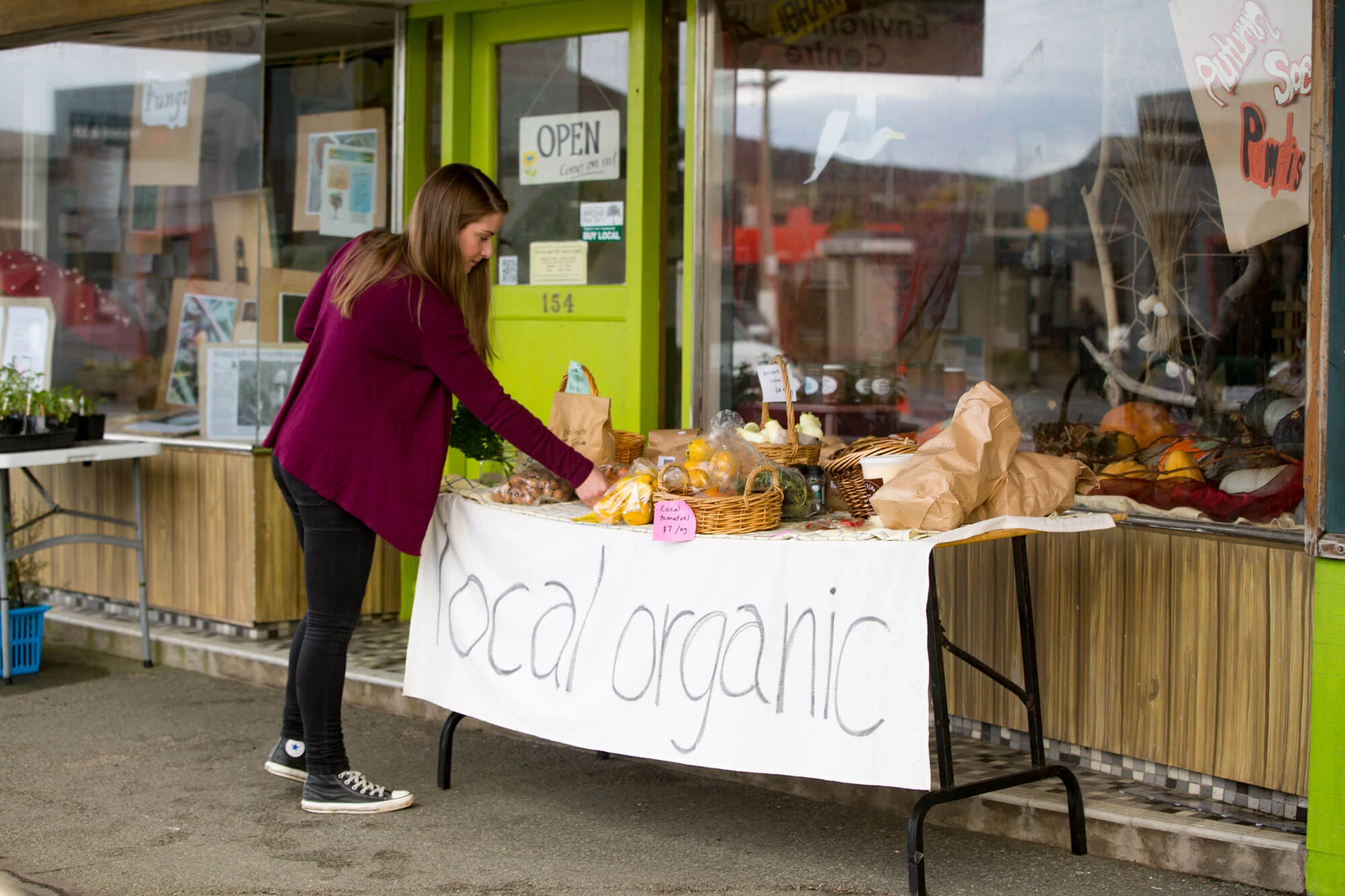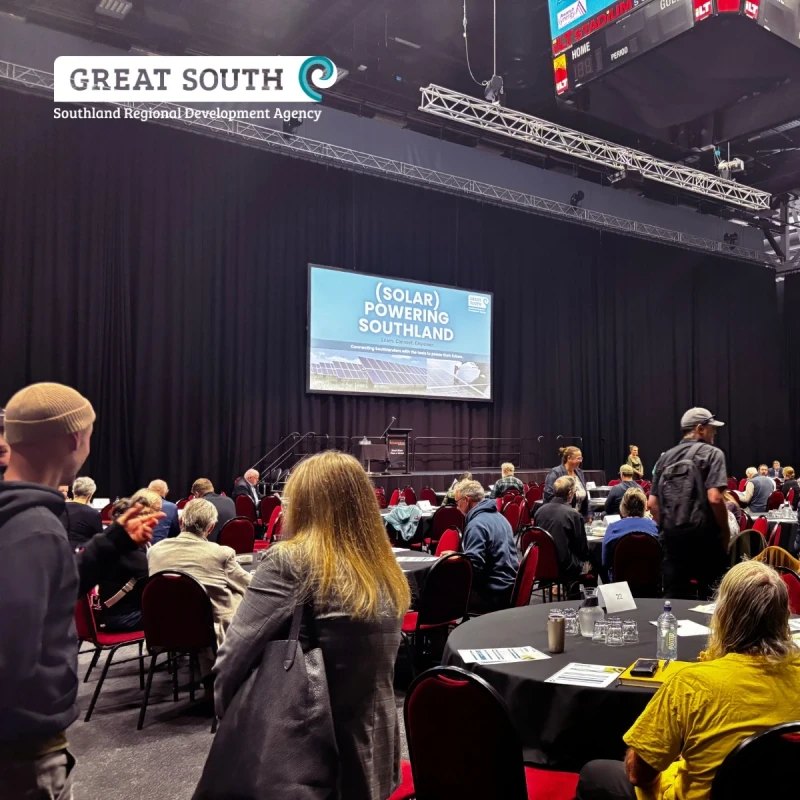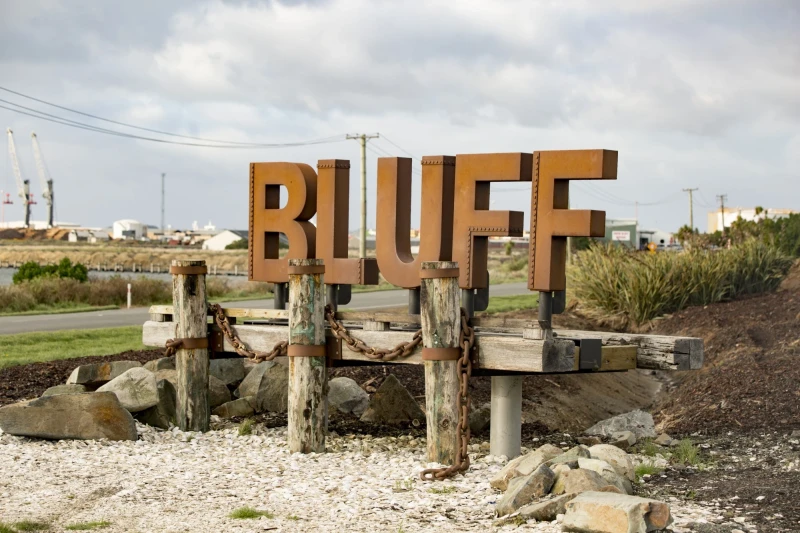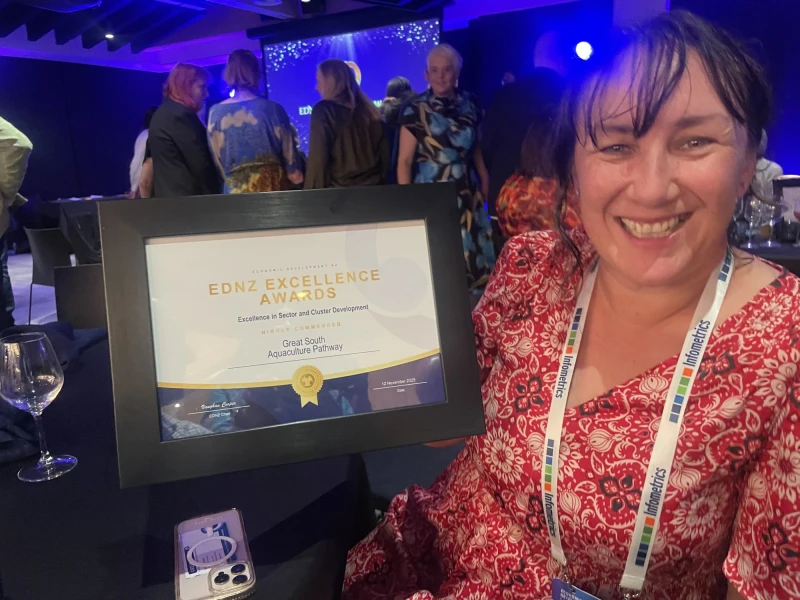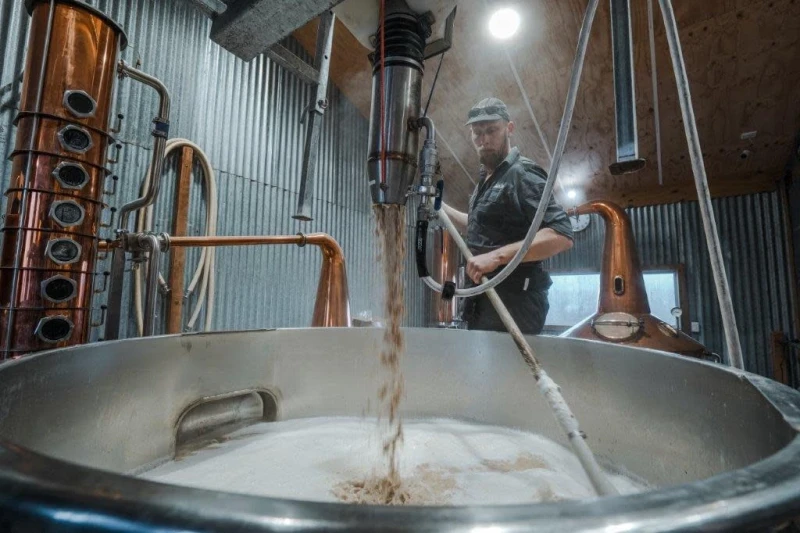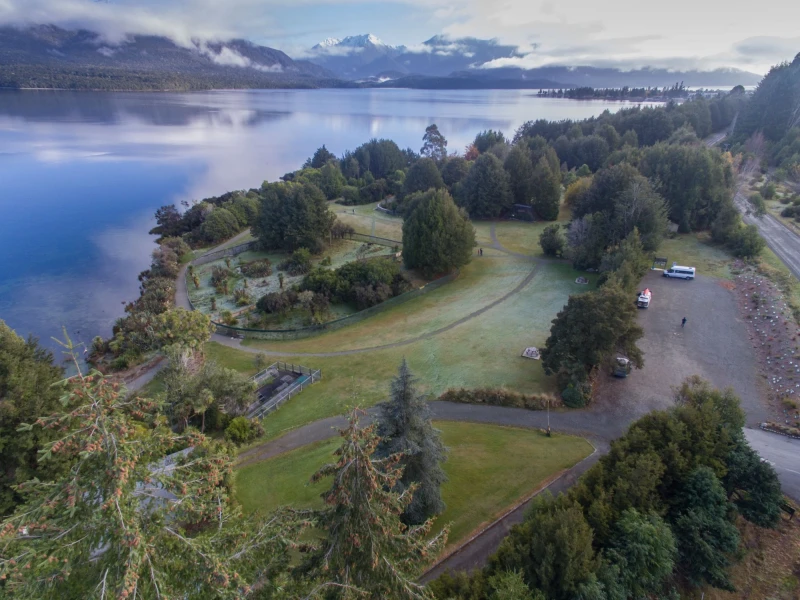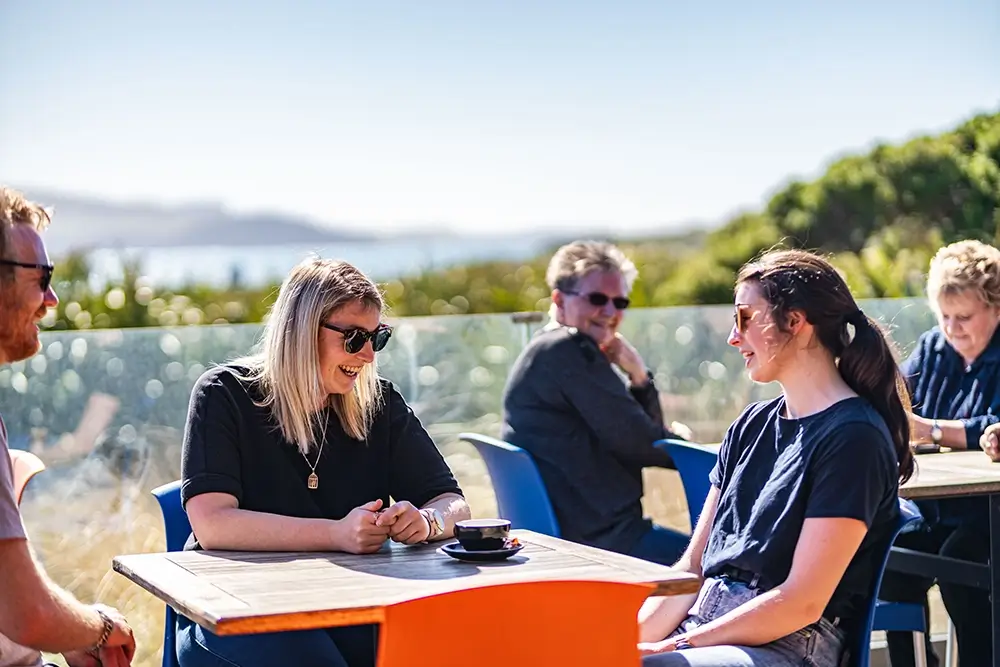Pathway to a low emission future
18 Feb 2020
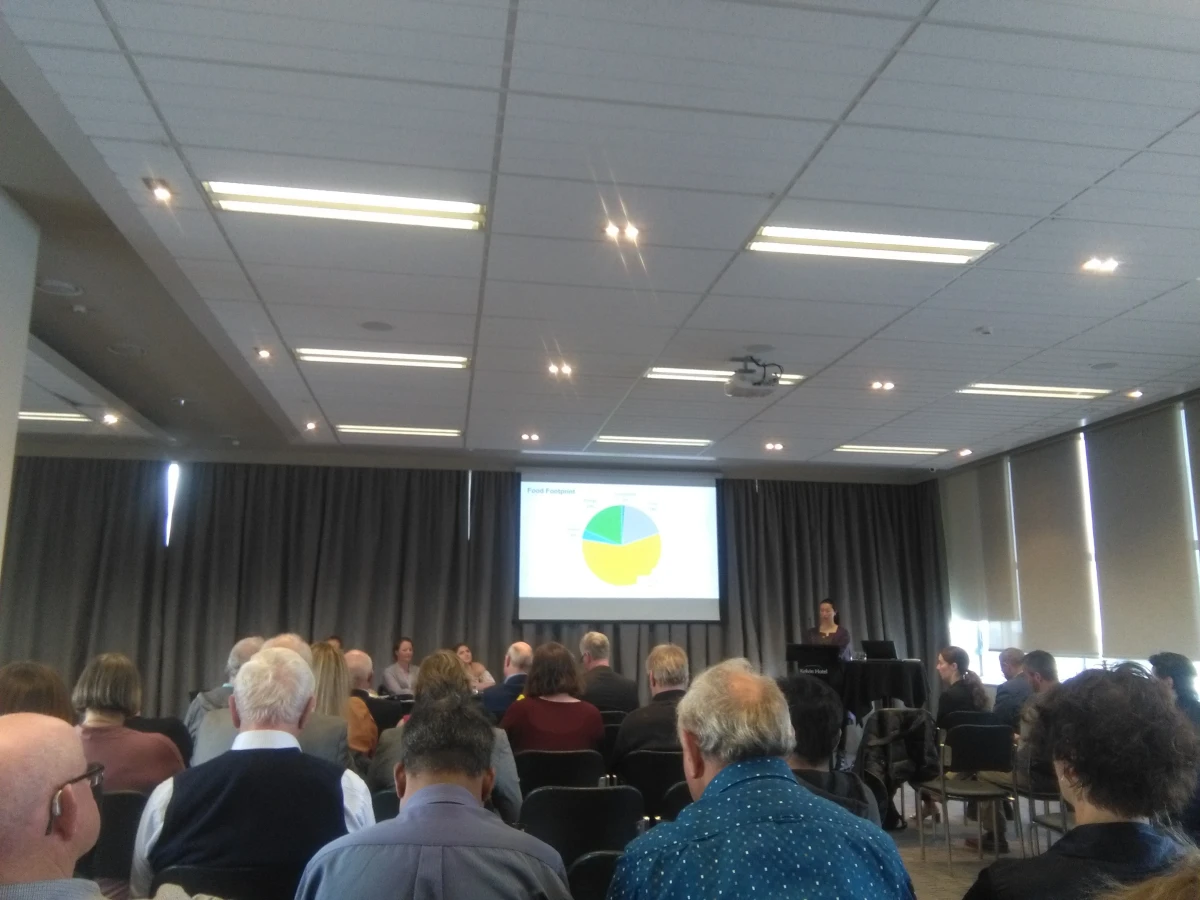
As part of the approach to proactively support Southland in its transition to a low emission future, Great South hosted a panel discussion on the tools and initiatives available across the region to mitigate the effects of climate change.
Great South Strategic Projects GM, Stephen Canny opened the event by highlighting the need for Southland to transition to a reduced-carbon future sooner, rather than later.
“Carbon accounting is set to become central to our lives and for the future success of our community, environment and economy, it is vital that we think about the choices we need to make to insulate ourselves against the rising costs of carbon and support the transition to a low emission future,” he said.
The evening was facilitated by Southern Institute of Technology environmental management programme manager, Christine Liang, with the panel comprising of Wayne McCallum, McCallum’s Drycleaners; Jason Franklin, PowerNet chief executive; Dr Ella Lawton, strategic planner and resource accountant, and Great South projects manager; and Ashleigh Putt-Fallows, Southland School Strike for Climate coordinator.
Topics of discussion included the value of measuring emission baselines, ecological ‘footprinting’, the role of emerging smart technologies, and the importance of support for community projects.
The panellists shared the sustainable initiatives that were taking place in their own business and across the region and paid thanks to Great South for stimulating conversations and activity in this area.
As a result of adopting a sustainable approach, the panellists said there had been and will continue to be significant benefits.
To date, this has included McCallum’s Drycleaning reducing emissions and financial costs as a result of investing in cleaner energy, PowerNet establishing Invercargill’s Smart Energy Home and learning more about renewable energy options for the region, and school students across the region seeing the world through a sustainable lens.
All agreed that critical to advancing the transition to a low emission future was knowing where emissions were coming from. To support this Great South shared the results of the 2018 Southland Emissions Profile and outlined the work that the organisation will be continuing with to mitigate the effects of climate change across the region.
While a range of current initiatives was highlighted, the panellists also made it clear that the community needs to come together to ensure the future success of the region in being able to insulate itself against the changing environment.
Great South projects manager, Dr Ella Lawton, provided advice for those who attended on how they could support the transition:
“Get involved in initiatives, get informed about what’s available and happening in the low emissions space, and slow down on consuming. For example, start a vegetable garden and buy local. The sooner we shift on carbon, the less painful it will be,” she said.
The event was hosted as part of Great South's Carbon Neutral Advantage project and aimed to share the project’s carbon-neutral vision and highlight the tools available to ensure a healthy and sustainable future.
